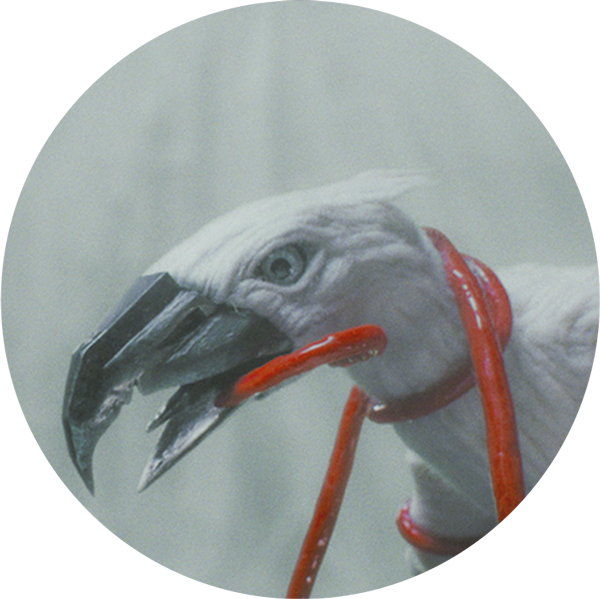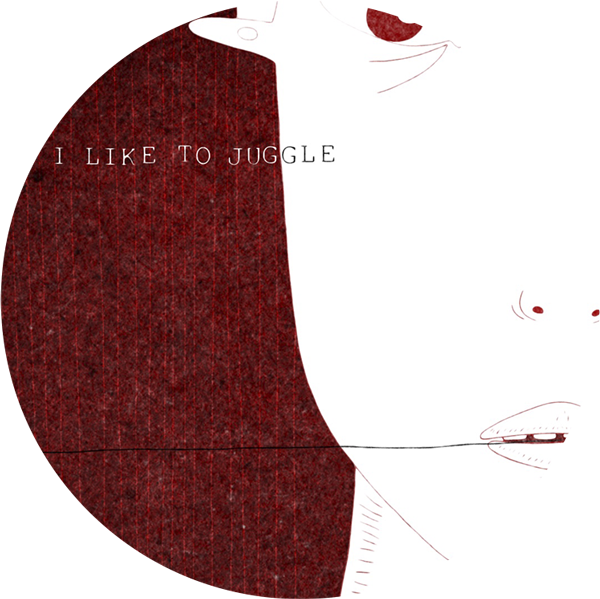
There have been a number of positive developments affecting those producing animation in Lithuania since 2013, resulting in an increase in local production levels. However, on an international level, as far as large-scale projects are concerned, Lithuanian animation producers tend to be involved in animation projects as minor coproducers or service work providers. As a result, the country is yet to independently produce its own animated TV series or feature film.
Funding opportunities
A positive development that could see this change has been the inclusion of animated projects in the Lithuanian Film Tax Incentive, which allows producers to receive financing up to 20% (30% from 2019) of the total budget, in addition to the direct support of €725,000 towards an animated feature or series, €145,000 towards an animated short and up to €200,000 towards a minor coproduction from the Lithuanian Film Center (LFC).
Meanwhile, in 2015, the Lithuanian Animation Association was established, which has ensured there has been professional representation of the country’s animation sector at the LFC, which distributes the direct support as well as the tax incentive.
These changes have meant that state support for animation projects grew by almost six times between 2013 and 2018. However, local producers remain frustrated that the level of government support for animation in Lithuania remains low compared to the support afforded to live action and documentary projects.

Value of animation goes unrecognized
The consensus among local animation producers is that one of the reasons the government inadequately supports the sector is that animation is deemed by key policy makers to be a second-class segment of the creative industry. Local producers are successfully challenging this perception, as evidenced by the introduction of a dedicated panel to evaluate animation projects at the LFC.
Another major challenge faced by Lithuanian animation producers is the lack of support from local TV broadcasters. This is preventing many accessing state funding for projects, as the direct support for TV series requires a project to be co-financed by at least one TV broadcaster. However, local broadcasters’ support for the national animation industry is deemed to be next to non-existent. Meanwhile, investment in animation production from external businesses is extremely rare in Lithuania, leaving the government as the biggest local investor in animation.
Potential improvements and success stories
Suggested changes that would enable the Lithuanian animation sector to advance further include the introduction of a rule enforcing mandatory investment from public TV broadcasters in local animation. There are also calls for the LFC to increase its levels of funding for animated projects, however this would need to be at the expense of funding for live action projects and so is viewed as a great challenge.
Among the international animated projects which Lithuanian companies have participated in are Golden Horse (2014), a feature-length film coproduced with Latvia, Luxembourg and Denmark; the short 3D animation film Junction (2016), coproduced with Canada and Australia; Ragnarok (2016), coproduced with Denmark; Last Stop is the Moon (2017), a Polish–Lithuanian coproduction; and The Juggler (2018), a Lithuanian-French coproduction.
Lithuania has played host to the animation and video games festival BLON since 2015. Local companies have also explored the potential of virtual reality (VR) with films such as Trail of Angels (2018), premiering at the Venice International Film Festival, and more VR content is set to be produced in Lithuania in the future.


There have been a number of positive developments affecting those producing animation in Lithuania since 2013, resulting in an increase in local production levels. However, on an international level, as far as large-scale projects are concerned, Lithuanian animation producers tend to be involved in animation projects as minor coproducers or service work providers. As a result, the country is yet to independently produce its own animated TV series or feature film.
Funding opportunities
A positive development that could see this change has been the inclusion of animated projects in the Lithuanian Film Tax Incentive, which allows producers to receive financing up to 20% (30% from 2019) of the total budget, in addition to the direct support of €725,000 towards an animated feature or series, €145,000 towards an animated short and up to €200,000 towards a minor coproduction from the Lithuanian Film Center (LFC).
Meanwhile, in 2015, the Lithuanian Animation Association was established, which has ensured there has been professional representation of the country’s animation sector at the LFC, which distributes the direct support as well as the tax incentive.
These changes have meant that state support for animation projects grew by almost six times between 2013 and 2018. However, local producers remain frustrated that the level of government support for animation in Lithuania remains low compared to the support afforded to live action and documentary projects.
Value of animation goes unrecognized
The consensus among local animation producers is that one of the reasons the government inadequately supports the sector is that animation is deemed by key policy makers to be a second-class segment of the creative industry. Local producers are successfully challenging this perception, as evidenced by the introduction of a dedicated panel to evaluate animation projects at the LFC.
Another major challenge faced by Lithuanian animation producers is the lack of support from local TV broadcasters. This is preventing many accessing state funding for projects, as the direct support for TV series requires a project to be co-financed by at least one TV broadcaster. However, local broadcasters’ support for the national animation industry is deemed to be next to non-existent. Meanwhile, investment in animation production from external businesses is extremely rare in Lithuania, leaving the government as the biggest local investor in animation.
Potential improvements and success stories
Suggested changes that would enable the Lithuanian animation sector to advance further include the introduction of a rule enforcing mandatory investment from public TV broadcasters in local animation. There are also calls for the LFC to increase its levels of funding for animated projects, however this would need to be at the expense of funding for live action projects and so is viewed as a great challenge.
Among the international animated projects which Lithuanian companies have participated in are Golden Horse (2014), a feature-length film coproduced with Latvia, Luxembourg and Denmark; the short 3D animation film Junction (2016), coproduced with Canada and Australia; Ragnarok (2016), coproduced with Denmark; Last Stop is the Moon (2017), a Polish–Lithuanian coproduction; and The Juggler (2018), a Lithuanian-French coproduction.
Lithuania has played host to the animation and video games festival BLON since 2015. Local companies have also explored the potential of virtual reality (VR) with films such as Trail of Angels (2018), premiering at the Venice International Film Festival, and more VR content is set to be produced in Lithuania in the future.




 Animation in Lithuania
Animation in Lithuania